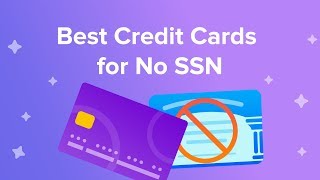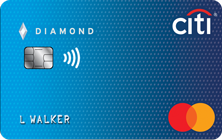
Unsecured loan are loans that don't require collateral. However, they charge interest and fees. These loans include credit cards as well as personal loans and student loans. Your repayment history and credit score will be used by the financial institution to decide whether to give you an unsecured mortgage. Unsecured loans tend to have higher interest rates than secured ones.
Unsecured loans don't require collateral
Unsecured loans are an option for borrowers who don't want to put their house or car up as collateral. These loans are subject to certain conditions. Lenders want to ensure that the borrower can repay the loan. A lender may ask for proof of credit. The best chances of approval for an unsecured loan are generally those with a credit score above 700. Besides credit score, income also plays a big role in unsecured loan approval. Individuals with an income over $100,000 and a good credit history will typically qualify for the lowest interest rates.
Unsecured loans are also quick and easy to apply for. Online lenders usually require only basic financial information and personal information. Borrowers can complete the application within minutes and receive a decision in an instant. Because unsecured loans are not secured by collateral, they can be beneficial for people with bad credit or no credit.

Unsecured loans have higher interest rates
The interest rates on unsecured loans are higher than those on secured loans. The benefit of secured loans is that there is a greater borrowing limit and less risk to lenders. But if you are unable to repay your loan on time, an unsecured loan may be better. If you default on payments, you may lose your collateral, and could find yourself in deep debt.
Lenders take on greater risk with unsecured loans. In the event that you can't pay your monthly payments, your unpaid balance could be sent to collections. Unsecured loans can be used for home improvement, car acquisition, education, bills and consolidation of debt. An unsecured loan's interest rate can range from three percent to 36 percent, which is much higher than that of a secured loan.
They are more likely be approved by lenders
Unsecured loans are those where the borrower does not provide collateral, such as a vehicle or a home. Unsecured loans are a more risky option for lenders. This means that most lenders will charge higher interest rates and make them less attractive. However, unsecured loans offer the benefit of not losing any property or assets if a borrower defaults on their payments. These loans include personal loans and credit cards as well as revolving lines.
If a borrower has good credit, unsecure loans are more likely that they will be approved. However, borrowers with a lower credit score can still qualify, but they will have to pay a higher interest rate. Unsecured loans may be applied online or in person. Local lenders might be able to offer lower interest rates as well as more flexible loan terms.

They are subject to longer repayment terms
Unsecured loans are loans that aren't secured by collateral. They pose a greater risk to lenders. This means that repayment schedules are longer, and interest rates can be higher. Unsecured loans are easier to get, but may cost more. This means that you should shop around for a loan that meets your needs.
Unsecured loans are available through banks, credit unions, and online lenders. Pre-qualification is available from many online lenders. This allows you to compare different lenders and loan terms before you apply. In addition, some lenders will even let you pre-qualify for a loan without affecting your credit score. Unsecured loans have another advantage: you don't need to place collateral, so you can get the money you need quicker.